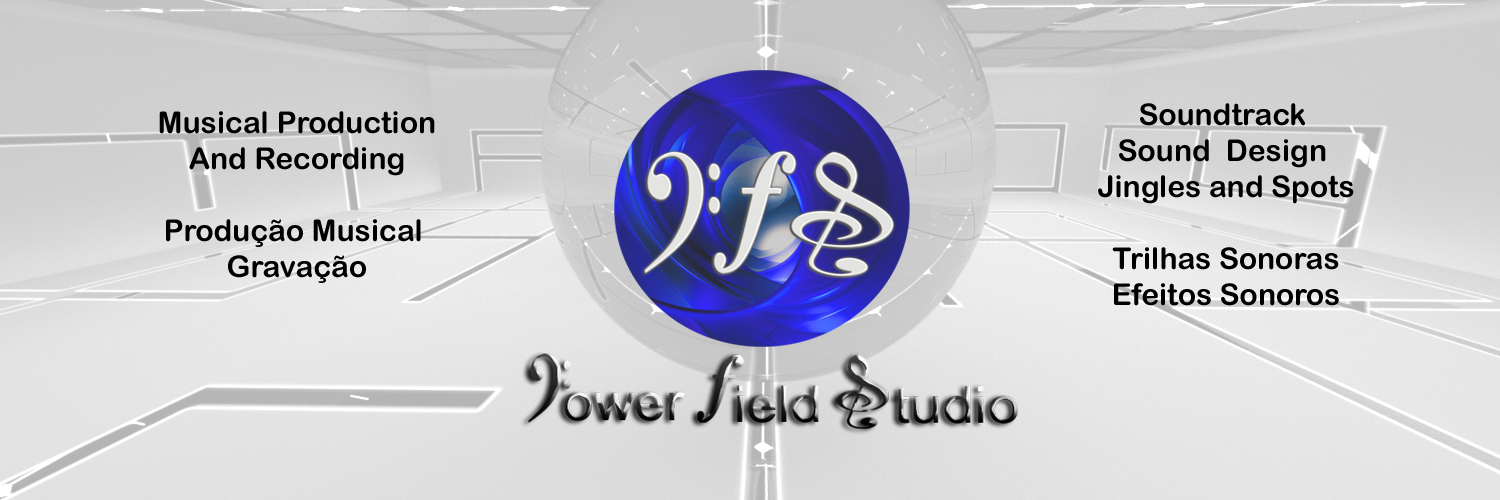The man who wrote the music for 'Beasts of No Nation' explains why he cried daily while working on the movie
In the emotionally-charged “Beasts of No Nation,” young Agu (Abraham Attah) is forced to join a group of African rebels after his family is killed in the midst of a civil war.
Following filming, director Cary Fukunaga needed a score that could match the emotion on screen and texted friend Dan Romer, 32, who he had worked with previously on the short film “Sleepwalking in the Rift.”
“He texted, ‘Hey, I think I have a project for us to work on, want to do it?’’ Romeo told Business Insider.
“I didn’t write a note until I saw the film,” he continued. “Originally Cary gave me free reign. He was like, ‘Follow your heart.’ I came up with something with a lot of strings, percussion, horns, and piano. Cary was like, ‘Great, now let’s tear it apart.’”
For the next five months, Romer worked every day on the film.
And being so immersed in the process, Romer admits to getting emotional often.
“In the months that I worked on that film I don’t think a day went by that I didn’t cry,” he said. “The experience Agu goes through, it’s so intense and beautiful.”
That emotion led Romer and Fukunaga to some unique ways to create the sound.
As Fukunaga wanted Romer to break down the arrangements he originally came up with and give them a more synthesized sound, the composer got creative.
One sound effect featured throughout the film is a submarine sonar.
“It’s part of a submarine sonar sound plugged into a sampler and played as a keyboard instrument,” Romer explained.
The result is a haunting, synthesized tone. Other unconventional sounds included the hum of wine glasses and coyote howls.
“Where my studio is, coyotes scream in the backyard every few nights,” said Romer. “So every time I heard them screaming I would go out and start recording them. So there’s a fair amount of coyote screaming in the movie with the pitch shifted around."
For example, in one scene where the rebels shoot an RPG at a truck, the noise of the weapon firing is a pitched-down coyote howl.
And then there are the jet fighters.
While Romer was sitting next to the director looking at footage one day, Fukunaga blurted out: “It just needs to sound like a squadron of fighter jets!”
With a mixture of luck and a familiarity of Fukunaga’s tastes, Romer happened to have a sample track of a fleet of F-15 bombers screeching through the sky to plug into the pinnacle scene.
Romer couldn't help getting chocked up while talking to Business Insider about the process of creating the music.
With a laugh, he admits being a somewhat easy crier didn’t always help in the edit room.
“We’d watch certain scenes and Cary would go ‘Is it working or not?’ and someone would go, ‘Well, Dan is crying,’ and Cary would be like, ‘That doesn’t mean anything, Dan is always crying.’”
“Beasts of No Nation” is now out in limited release and streaming on Netflix.






